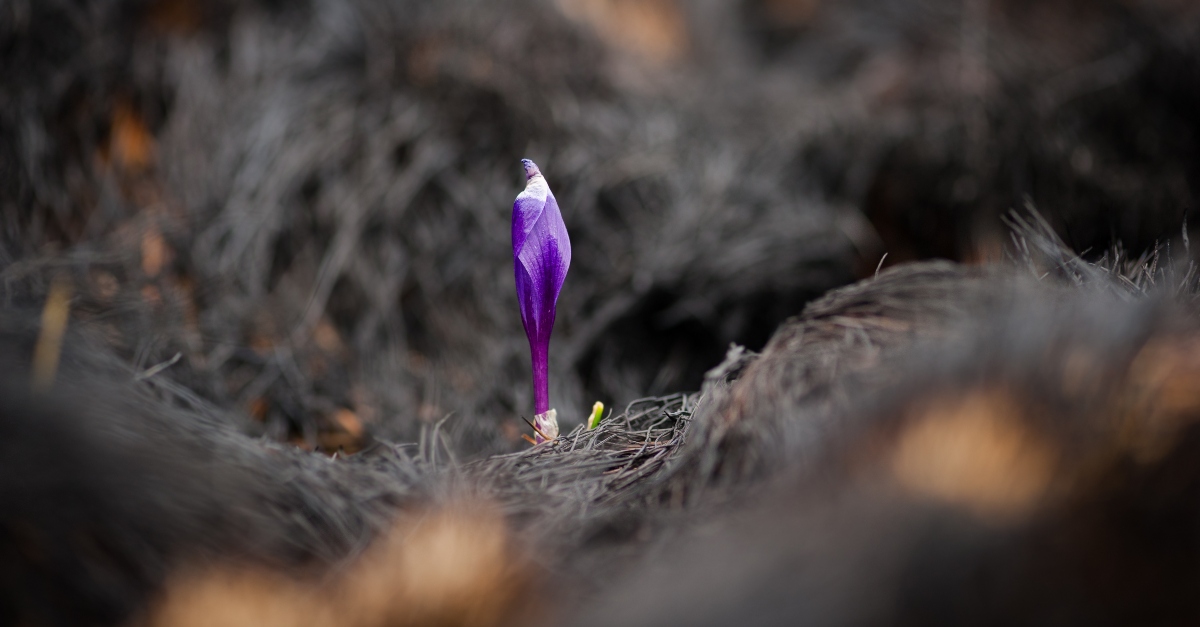
www.theamericanconservative.com
A Tale of Two Kamalas
Politics
A Tale of Two Kamalas
The narrative woven about the Democrats’ new presumptive nominee is at odds with her record.
Hope is a hell of a drug.
Since Sunday, the U.S. vice president turned presumptive Democratic nominee for president, Kamala Devi Harris, has been treated to a political honeymoon so intense, so adoring that it recalls—and perhaps exceeds—the gushing press a young Illinoisan senator named Barack Obama received after his 2004 DNC speech in Boston.
The enthusiasm with which Democratic partisans have reacted to the news of Biden’s departure from the race is understandable enough. After a rough month, beginning with the disastrous June 27 debate, followed shortly by Trump’s surprisingly courageous reaction after nearly having his head blown off on July 13, and a largely successful, at times entertaining (thank you, Terry Bollea) RNC in Milwaukee, the Democrats were in need of something, anything to shift the narrative away from that of impending electoral disaster. And thanks to the surprisingly selfless and patriotic decision by President Joe Biden to drop out, that is what they got.
And yet.
For all the happy talk, Democrats must be (or should be) wondering, deep within the recesses of their collective psyches, Will we be getting the Harris of History or the Harris of our Imaginations?
Because one is radically different from the other.
This week, in what was supposed to be a kind of “gotcha” moment for the Trump campaign, it was revealed that in 2011 Harris’s campaign for California Attorney General received a check for $6,000 from a New York real estate developer named Donald J. Trump.
But from the standpoint of progressive Democrats, would this not raise questions about Harris’s own politics? She did, after all, cash it. The interesting (or worrying, as the case may be) question for progressive Democrats is: Why did Harris appeal to donors such as Trump? That one is easy enough. Harris, then, and really up until the moment the George Floyd rioters set Minneapolis (and dozens of other American cities) ablaze, presented herself as a “tough-on-crime” prosecutor, one who bragged about jailing the parents of truant California schoolchildren.
Harris is now said to represent the best the Democratic Party has to offer—and that she will give Trump a real fight for the White House. Yet her shambolic 2020 presidential campaign tells a different story. Harris, who won a grand total of zero primary delegates, was also roundly humiliated on the debate stage by a young congresswoman from Hawaii, Tulsi Gabbard.
Once in office, Harris’s office was plagued by staff turnover and she gained a reputation for treating staff badly. So the question arises: If she can’t manage a smallish vice presidential staff in the EEOB (the Office of the Vice President employs approximately 100 people), why assume she will be able to manage the country?
And then there is the matter of foreign policy.
Progressive Democrats (with the exception, notably, of the Palestinian-American Rep. Rashida Tlaib of Michigan) immediately jumped on the Harris bandwagon—one they were unwilling to even consider in 2020 while their erstwhile champion Bernie Sanders was in the ring. Now, it seems, thanks to what is thought to be Harris’s identitarian appeal, they are “all in” and in the process wasting little time in deluding themselves as to what a Harris presidency might bring.
“With a President Harris,” one anonymous national security official told POLITICO this week, “a two-state solution may finally be possible.”
O-kay.
Even if the two state solution weren’t as dead as doornail, the above assumes Harris possesses a measure of statesmanship that has otherwise been kept under lock and key, hidden deep from public view for the entirety of her career.
An examination of Harris’s foreign policy record provides ample evidence that she is a standard issue liberal interventionist in the mold of the troika of Obama-era “Valkyries”: Hillary Clinton, Susan Rice, and Samantha Power. To be fair, as a U.S. senator, she did, as the estimable Daniel Larison points out, oppose Trump’s scrapping of both the Iranian nuclear accord and the landmark INF treaty, but that opposition might also be chalked up to partisan politics.
Indeed, as the Progressive magazine noted shortly after she joined the Democratic ticket in 2020,
Instead of offering a progressive alternative, Harris often attacks Trump from the right, criticizing him for cozying up to leaders in North Korea, Russia, and China.
It would be safe to expect more of the same. The coming campaign will probably feature more Russia-related smears aimed in Trump’s direction, while Harris will don the mantle of “Protectress of the U.S. National Security State.” Indeed, someone with Harris’s limitations makes her the perfect cipher for the “Deep State Democrats” who run the Democratic party.
A President Harris—should that eventuality come to pass—will not provide the country with a much needed respite from hegemonic weltanschauung of the current administration.
She will only prolong it.
The post A Tale of Two Kamalas appeared first on The American Conservative.

















